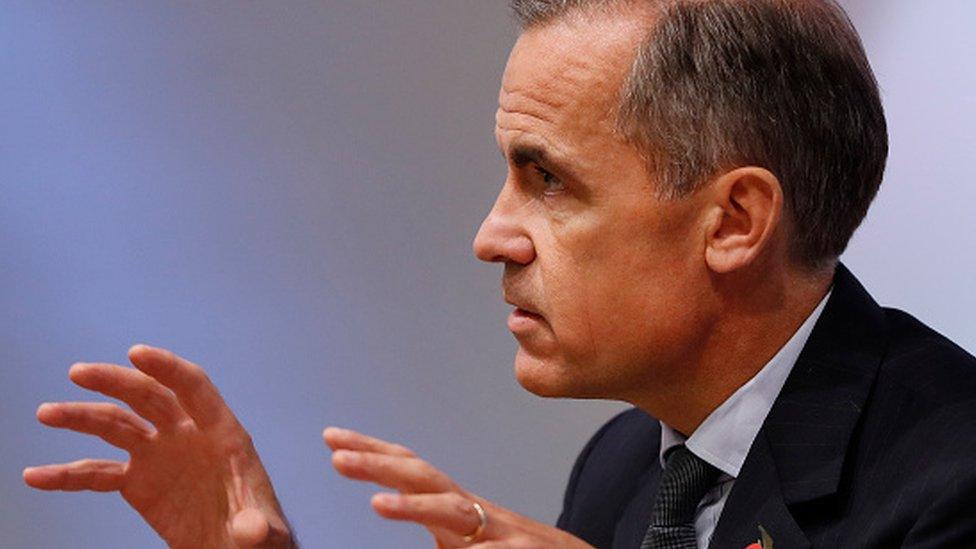Bank of England 'has improved' its economic forecasting
- Published
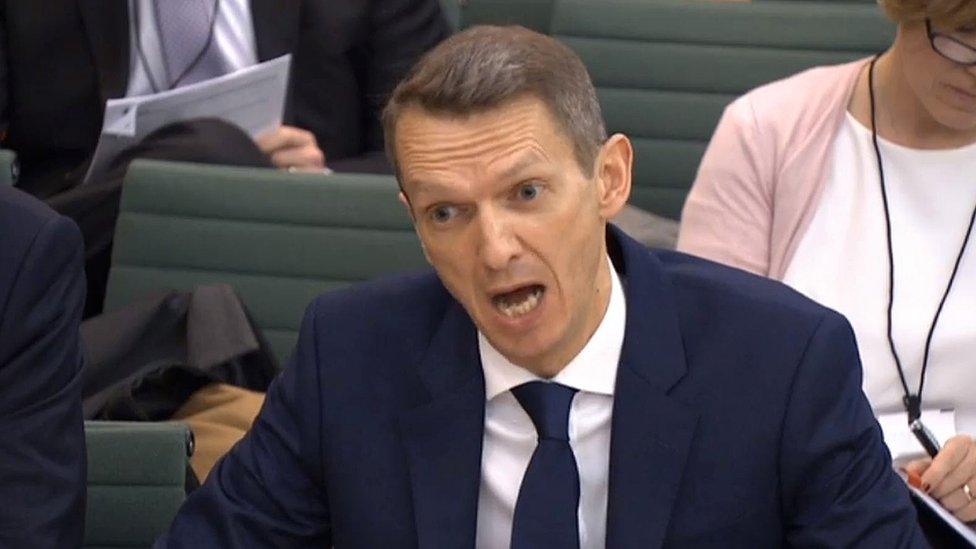
Mr Haldane said the policy community had made big errors in the run-up to the financial crisis
The Bank of England has made "big improvements" in its ability to forecast the UK economy, the Bank's chief economist has told MPs.
Andy Haldane made his comment to the Treasury Select Committee.
He acknowledged that "sizeable" economic forecasting errors had been made in the past, especially at the time of the 2008 financial crisis.
He also said more forecasting errors were likely or possible, though not on the same scale as before.
Mr Haldane was being questioned along with other Bank officials, including governor Mark Carney, about their most recent inflation forecast, which substantially upgraded the Bank's forecast for the UK's economic growth this year.
Lessons 'forgotten'
In his opening questions, the committee chairman Andrew Tyrie, asked Mr Haldane about his recent speech, in which he had said that forecasting errors leading up to the financial crisis had been a "Michael Fish" moment for the entire economics profession.
Mr Haldane acknowledged that some of the factors leading to the financial crisis had been predictable in advance, such as the rise of borrowing in the banking system, which he said was clear for all to see.
"We have seen financial crises in the past and their seeds are often sown in leverage, and in that sense, some of the lessons of history had been forgotten to some degree," Mr Haldane said.
"[This was] by, not just parts of the central bank community but across the policy community, across academia and elsewhere.
"That was a big error," he admitted.
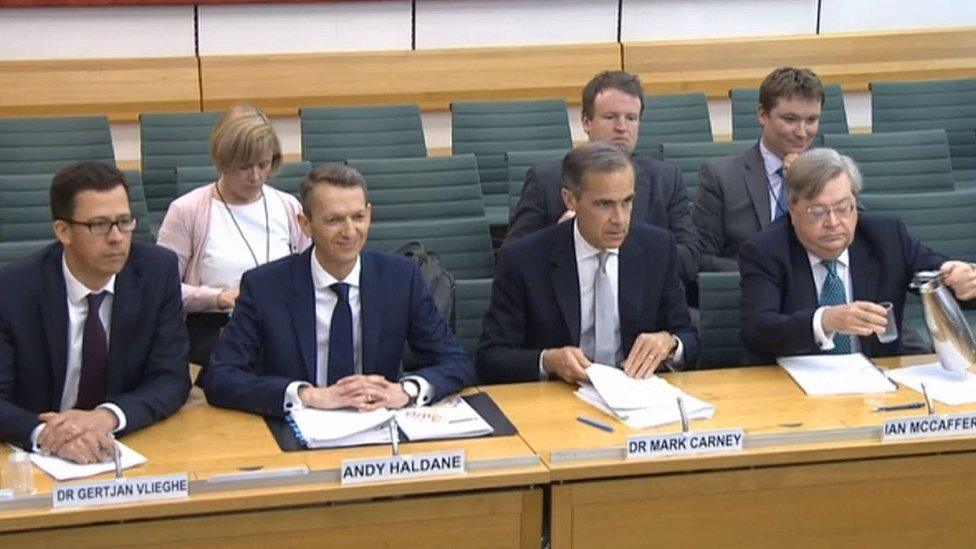
Bank officials were facing the Treasury Select Committee
Big improvements in forecasting had now been made, Mr Haldane asserted.
But one of Mr Haldane's colleagues, Gertjan Vlieghe, who is a member of the Bank's Monetary Policy Committee (MPC), tempered that reassurance in response to other questions from the MPs.
"We are not going to forecast the next financial crisis, we are not going to forecast the next economic recession," he said.
"Our models are just not that good," he added.
'New news'
The Bank officials were challenged by John Mann, who accused them of looking at the wrong things and therefore misunderstanding consumer behaviour and how the UK economy was functioning.
He cited the ability of employers to draw in large numbers of low-paid workers from abroad, and he accused the Bank of overlooking the effect of the decline in home ownership during the past decade.
"This is something about which we will have to pay particular attention in the coming years if there's, as is to be expected, some adjustment to the nature, scale, magnitude of inward migration to this country," Bank governor Mark Carney responded.
But Mr Haldane said that some recent mistakes in the Bank's forecasts, such as misjudging the immediate economic effect of last year's Brexit vote, were not on anything like the same scale as the mistakes made in the run-up to the financial crisis nearly a decade ago.
"I actually was drawing a distinction between our learning from the time of the global financial crisis - which was a big one, massive error, to which we and others have then responded - and the events over the last six to 12 months where the error was on nothing like the scale.
"Quite a lot of what we have learned is basically new news, including policy changes."
Addressing the issue of inflation, which is the Bank's main responsibility, Mr Carney said he expected the fall in the value of sterling since the Brexit vote to push inflation higher for some time, potentially until 2020.
"One of the lessons we learnt from the depreciation of 2007-08 is that exchange rate pass-through is quite protracted," he said.
The Bank's most recent inflation report forecast that inflation, as measured by the consumer price index, would be at 2.4% in three years' time - above the Bank's 2% inflation target.
- Published2 February 2017

- Published16 January 2017
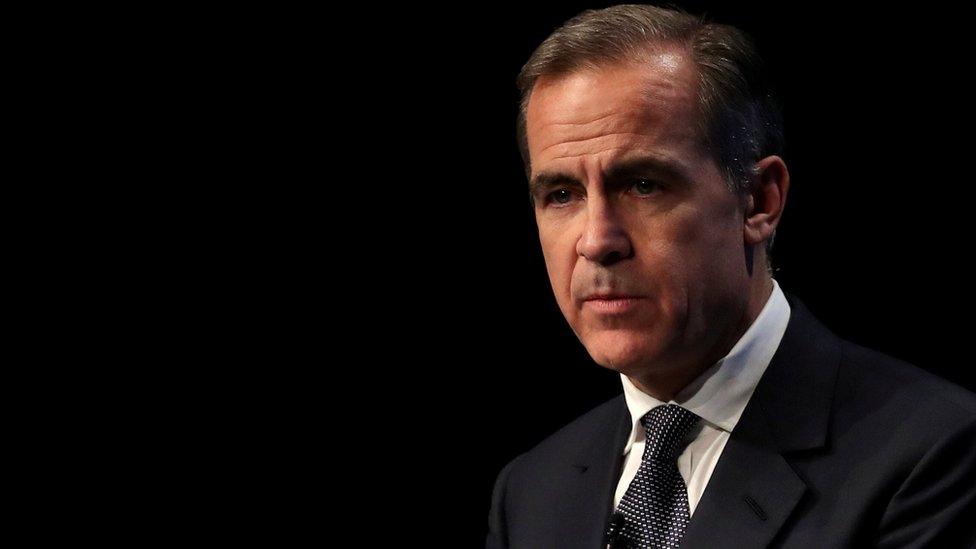
- Published11 January 2017
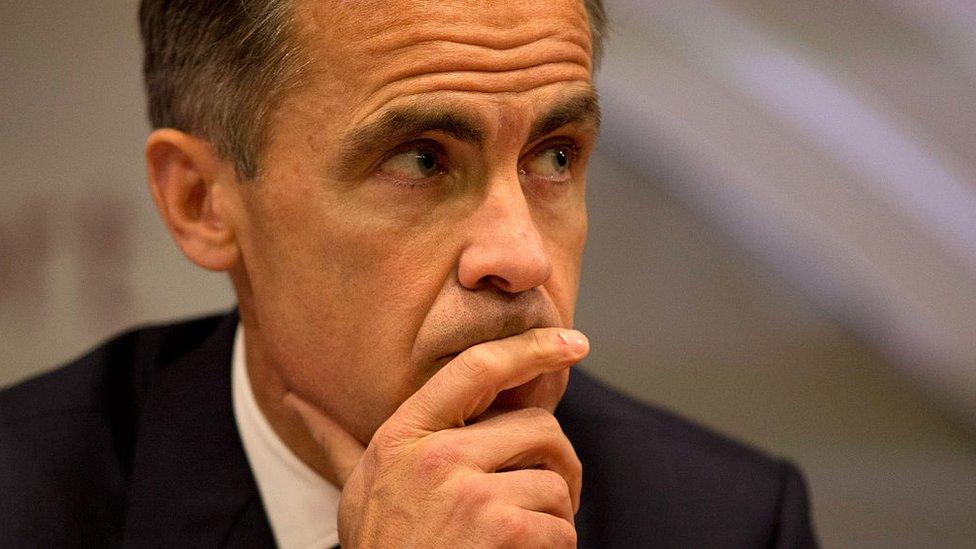
- Published6 January 2017
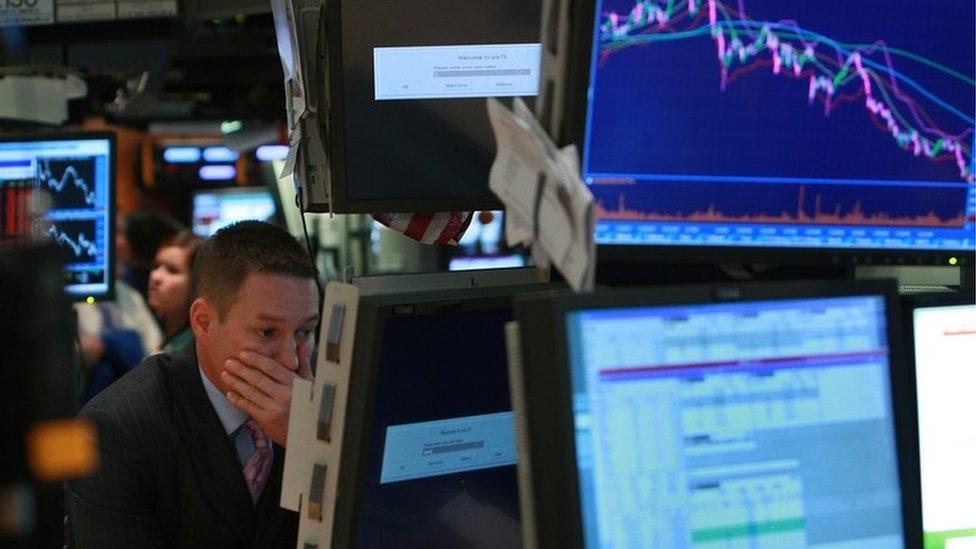
- Published30 November 2016
